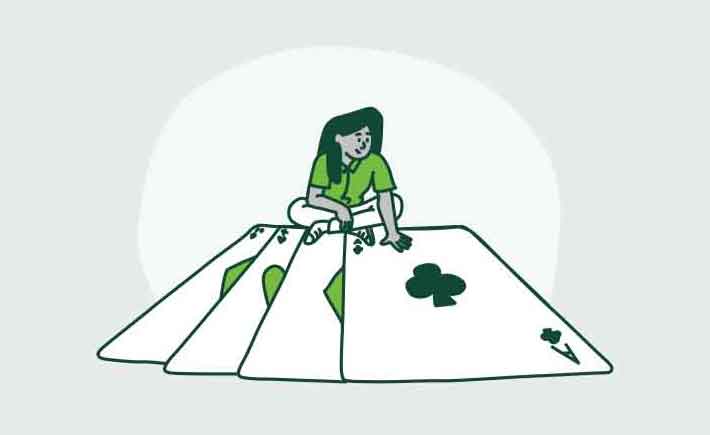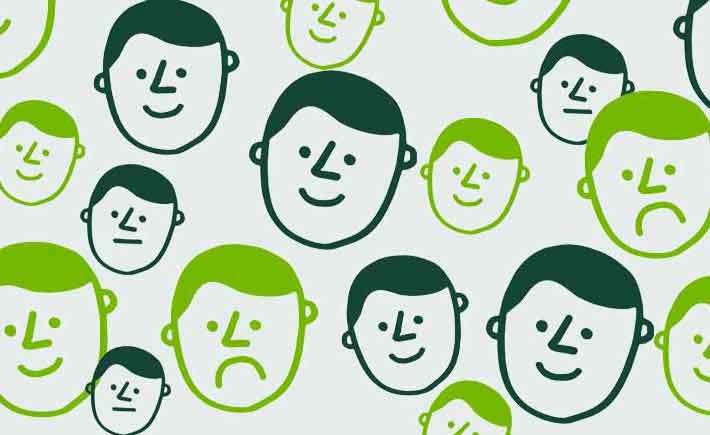When you gamble for fun and entertainment, you have control over your time, money and energy. You feel positive, and although you’d like to win, financial gain isn’t your sole reason for gambling. You’re playing with money set aside for entertainment, so when you lose you know it’s simply the cost of playing games of chance.
What happens when gambling stops being fun?
When gambling isn’t fun, it can affect all areas of a person’s life. The below are a few examples of warning signs that might indicate a problem. The more signs a person exhibits, the greater the likelihood that they may have lost control of their gambling.
Last night they told their spouse they were working late; they were really at the casino.
Lying about how often or how much someone gambles is a sign of a problem.
They are absent from work a lot and are unable to keep up with their workload.
Those most at risk are often absent from school, work or important social activities because they’re gambling.
They missed their child’s birthday. They couldn’t leave the slot machine they were playing.
Those with gambling problems often neglect family or personal needs and responsibilities to keep gambling.
They gamble more and more for relief from the increasing pressures at work and home.
When gambling becomes an escape from job and family responsibilities, it’s a problem.
They missed a mortgage payment after they used that money for blackjack.
Spending more money than you can afford, using money intended for other purposes, and growing debt resulting from gambling are signs of a problem.




